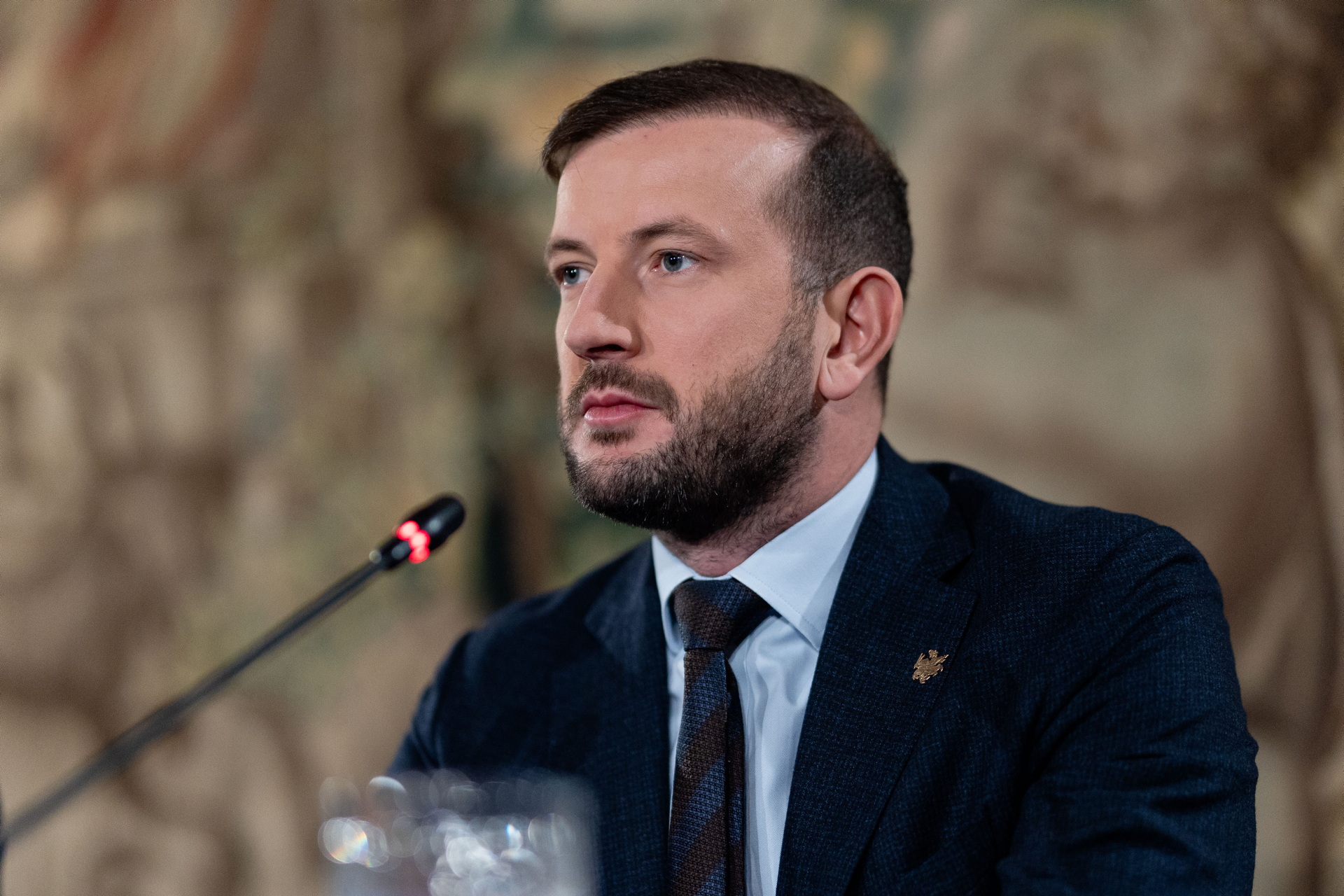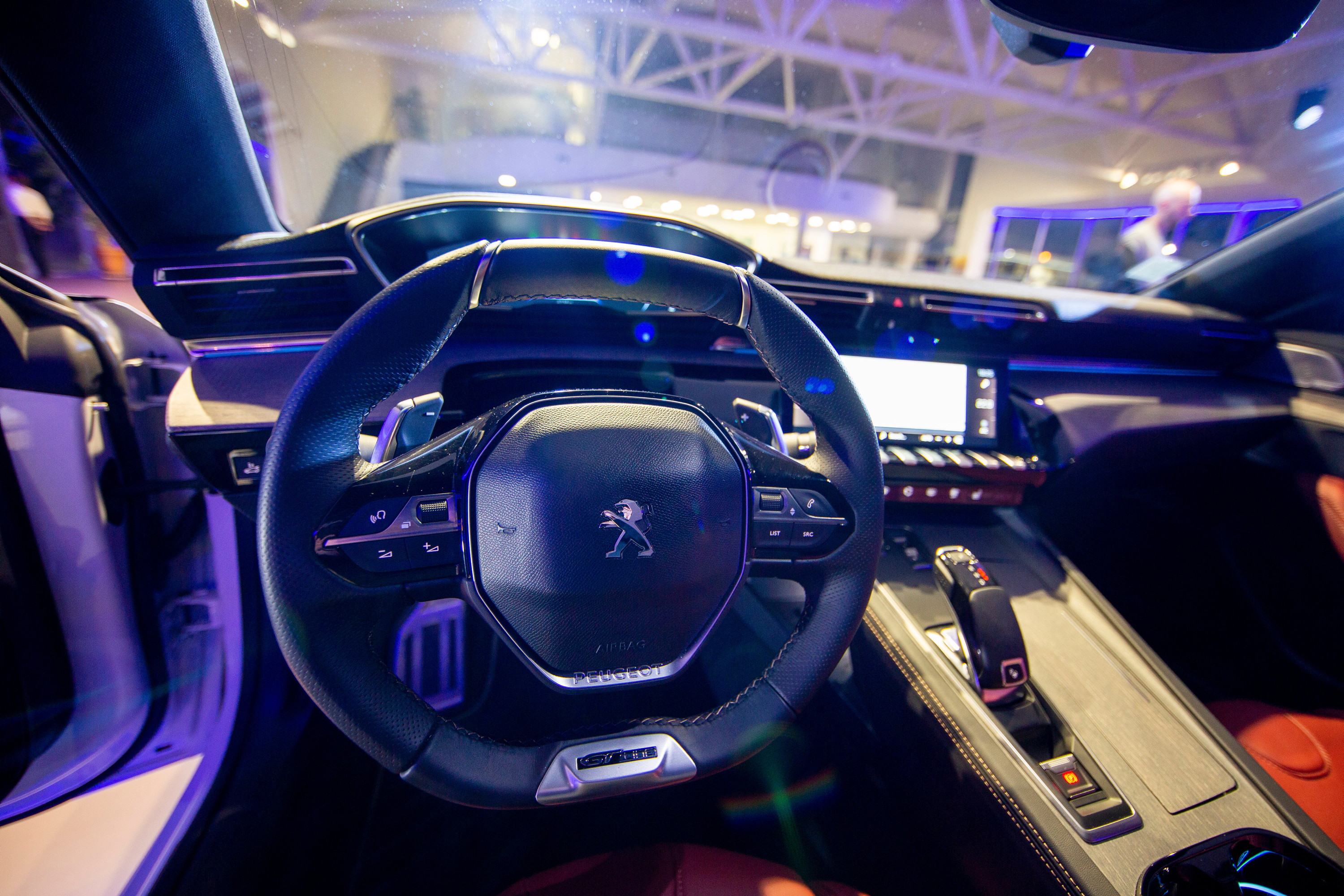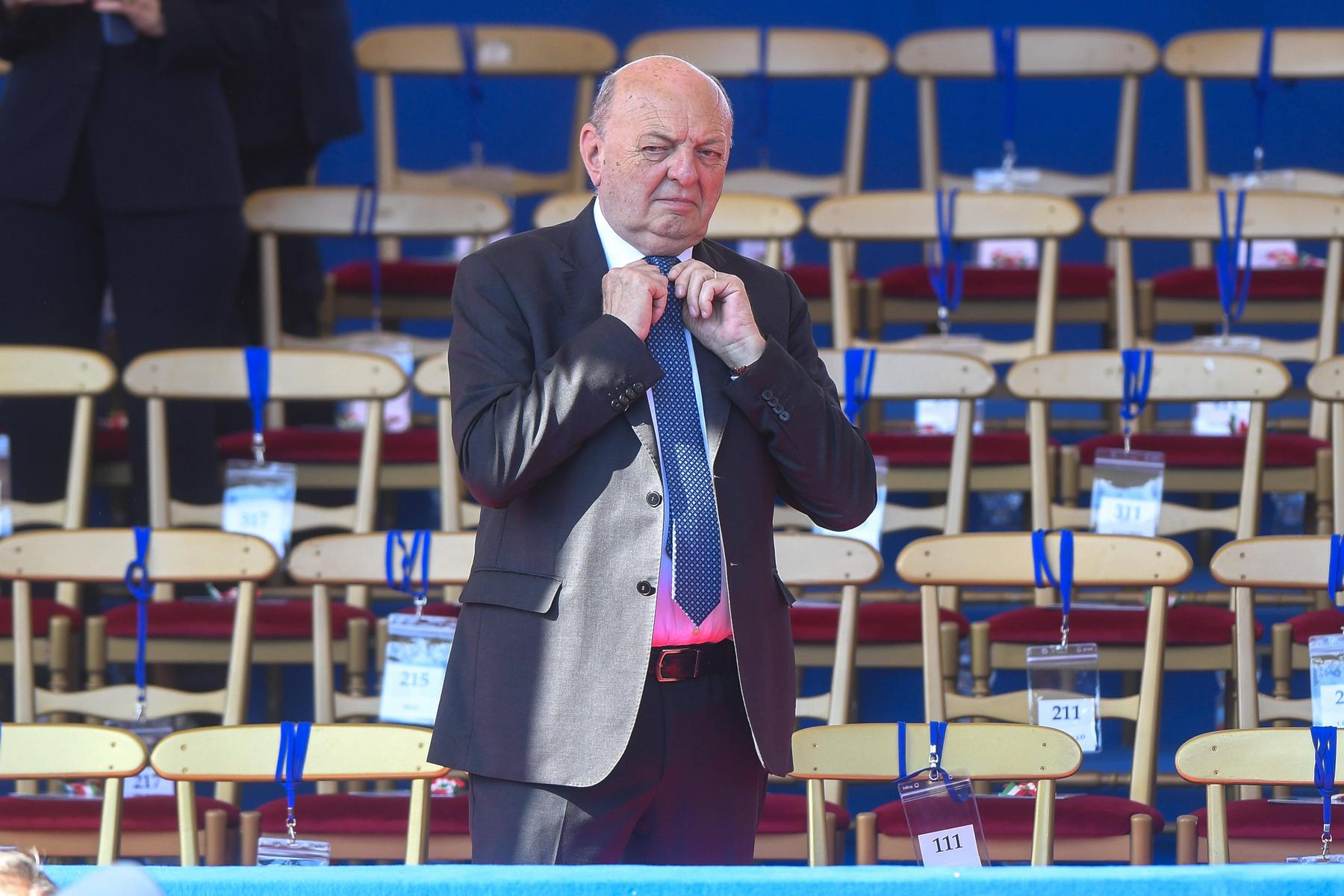What’s more important: sun or politics?

Opinions disregard
As in March and October every year, we will turn watches, although almost seven years ago, in the summer of 2018, even in the internet survey, even
84 % Europeans said they wanted to give up summer and winter time. This public consultation has been called the most successful of all time – as much as 4.6 million. answers and this is a record number of EU public survey participants.
The voice of Europeans seems to have been heard. « The European Commission (EC), which abolishes seasonal time modification, has been proposed in September 2018. The proposal was submitted on the basis of the requests of citizens and Member States, the European Parliament (EP) resolution, as well as a 2018 EC public consultation, with a majority of 84 %. Kazlauskaitė.
However, she explains that the EC’s proposed directive would come into force and must yet agree on the EP and the EU Council (ie the EU government). EP 2019 In March, he supported the EC proposal to cancel seasonal time change. « However, the discussion in the EU Council has stopped in 2019. Thus, the decision on this EC’s proposal remains in the hands of Member States, because the Member States themselves must find a common position in the EU Council, » says Kazlauskaitė.
According to the EC resolution, seasonal time modification was to end in 2021. It is planned that the EU countries that will choose the summer time, the last time they will turn their watches at the end of March of that year, and the winters of October. However, we are turning them so far.
More than one reason has prevented the agreement. Among them, Brexit, as it wanted to avoid the departure of the Block in the UK, if it no longer followed EU rules and abolishes the seasonal time, the Republic of Ireland and Northern Ireland would be in different time zones for half a year. The problems of the Covid-19 pandemic that began completely overshadowed the topic of clock rotation.
Calls for judgment
« The EC believes that it is still possible to find a coordinated solution and calls for the renewal of discussions to the current EU Council, » A. Kazlauskaitė submits the official position of today’s EC.
However, there is no expected change in the Brussels corridors. « This issue is currently stuck. It is encouraged that the EC and EP would promote the EU Council to take on this issue, but so far, at least during the Polish Presidency of the EU Council, there is no preparation. 2019-2024 Member of the term EC, now MEP Virginijus Sinkevičius.
Norma: According to V. Sinkevičius, Lithuania could offer a question of watches to include the issue of watches in the agenda under the EU Presidency of 2027. However, no one wants to propose what there is no consensus. Photo by Luke April / BNS
Together with about 70 EP members, last October, he signed an appeal against the EC leader Ursula von der Leyen, initiated by the Irish Sean Kelly, to resolve the issue of clocking. The letter states that the current order is outdated, and studies have shown that twisting watches can disrupt sleep, increase the risk of heart attacks, and cause more traffic accidents. In addition, the energy saving argument, which was once a reason to introduce summer and winter time, is no longer important due to modern technology, and in the winter months, even vice versa, it can increase energy consumption.
Already in 2026, the manifesto is to be abandoned. And as much as possible, different public groups have announced the life of Europeans with the sun time. They say they are based on scientific evidence: studies of chronobiology studying biological rhythms show that the discrepancy between current social and natural time is harmful to health, and that reduction in sleep deficiency is also the economic performance. In addition, energy savings are only a myth, and clock references also have a negative impact on livestock farming, because, for example, it is difficult for cows to explain why they should suddenly be milked an hour earlier, half a year later – an hour later, which gives less milk.
2018 In the survey of Europeans, those who no longer want seasonal time usually also indicated the following causes: the harmful effects of health, the number of road accidents, and the poor influence on energy saving.
The opinions of the parties
According to MEP Sinkevicius, due to the revocation of time, there is no enthusiastic not only for lunch but also by some major EU countries.
For the sake of fair, although The survey involved a record number of Europeans, which made up a small part of the population. The percentage of those who expressed their views in different countries was very uneven: from 3.8 %. German, almost 3 percent. Austrians to just 0.04 percent. Italian and Romanian (Lithuanian – 0.34 %). The enthusiasm in different countries also differed in the seasonal time: 95 percent wanted it. respondents from Finland and Poland,
93 % – Spain, 91 percent. – Lithuania, but less than half of Cyprus (47 %), Greece (44 %), only a little more – Malta (54 %).
However, any separate EU country cannot decide to stop watches itself. The current directive is a must for EU Member States. In most countries, the tradition of turning watches is old. This was started during the first and World War II or during the oil crisis in the 20th century. In the 1970s. From the 20th century. In the 1980s, the EU gradually adopted legislation, whereby all Member States agreed to coordinate time and to abandon different national time exchange schedules. The EU rules aimed to solve problems primarily in the transport and logistics sectors, resulting from the fact that time over the year was changed incompatibly.
According to the EC back in 2018. The proposal would be the most suitable for them now in summer or winter and twice a year. Of course, time, as it is now, is different, as the EU countries are located in three time strips: at noon in Dublin, in Brussels – at 1 pm, in Vilnius – at 2 pm, excluding the differences with Europe -owned Europe, such as Portuguese in Azor.
Which time is ours?
Researcher, Faculty of Physics, Vilnius University dr. Vidas Dobrovolskas explains that the time calculation of the tapes is based on the surface of the Earth’s surface into 24 -hour bands. It is based on a zero meridian that passes through the old Grinvich Observatory in London. For which time to attribute to, the sun is viewed – when it is the highest noon in the sky. In accordance with this definition, about one -fifth of Lithuania (a few dozen kilometers wide in Western Lithuania, Samogitia) falls in the first time zone (global coordinated time plus 1 hour) and most of the second (global coordinated time plus 2 hours). Thus, the present winter time is the real geographical time of Lithuania, when 12 or after 12 p.m. The sun is the highest.
Researcher, Faculty of Physics, Vilnius University dr. Vidas Dobrovolskas. Photo by Personal Archive
« Summer time pushes us an hour ahead: at noon, when the sun is the highest, there will be no 12, and at 1pm, the West will be lighter, but the East is darker, » the scientist explains.
He acknowledges that the unanimous consensus, which time is better, will never be, because some like it when the East is lighter, others when the West. « However, nowadays it is increasingly found that not so much time zone is important as alternating, because the body needs to adjust to a new time, which may take a week, » says Dobrovolsk.
95 percent wanted to give up seasonal time. 93 % of respondents from Finland and Poland – from Spain, 91 percent. – from Lithuania, but less than half of Cyprus (47 %), Greece (44 %).
Parties sometimes choose to live as much as a time zone, for example, Portugal lives plus 1 hour than it would belong to the sun. However, in the north, the differences between the shortest and longest daylight time are the highest and the southern countries are smaller.
In Lithuania, politicians also adjusted the time zone by ignoring the sun. During the Soviet era, we lived in the third time zone for the longest time. After regaining independence, we moved to the second, and in 1998 The time of the first band was introduced, according to which many Western and Central European countries live, but in 1999 It was canceled at the end. During the interwar period, the time of the first tape was valid.
During the consideration of which one time would be the most suitable for Lithuania, various studies have been done, but it has been a major impact on human health or other areas of life. However, more people would like summer time, at least 62 percent said. In a survey of the Lithuanian Public Opinion Company Baltic Research 2018









